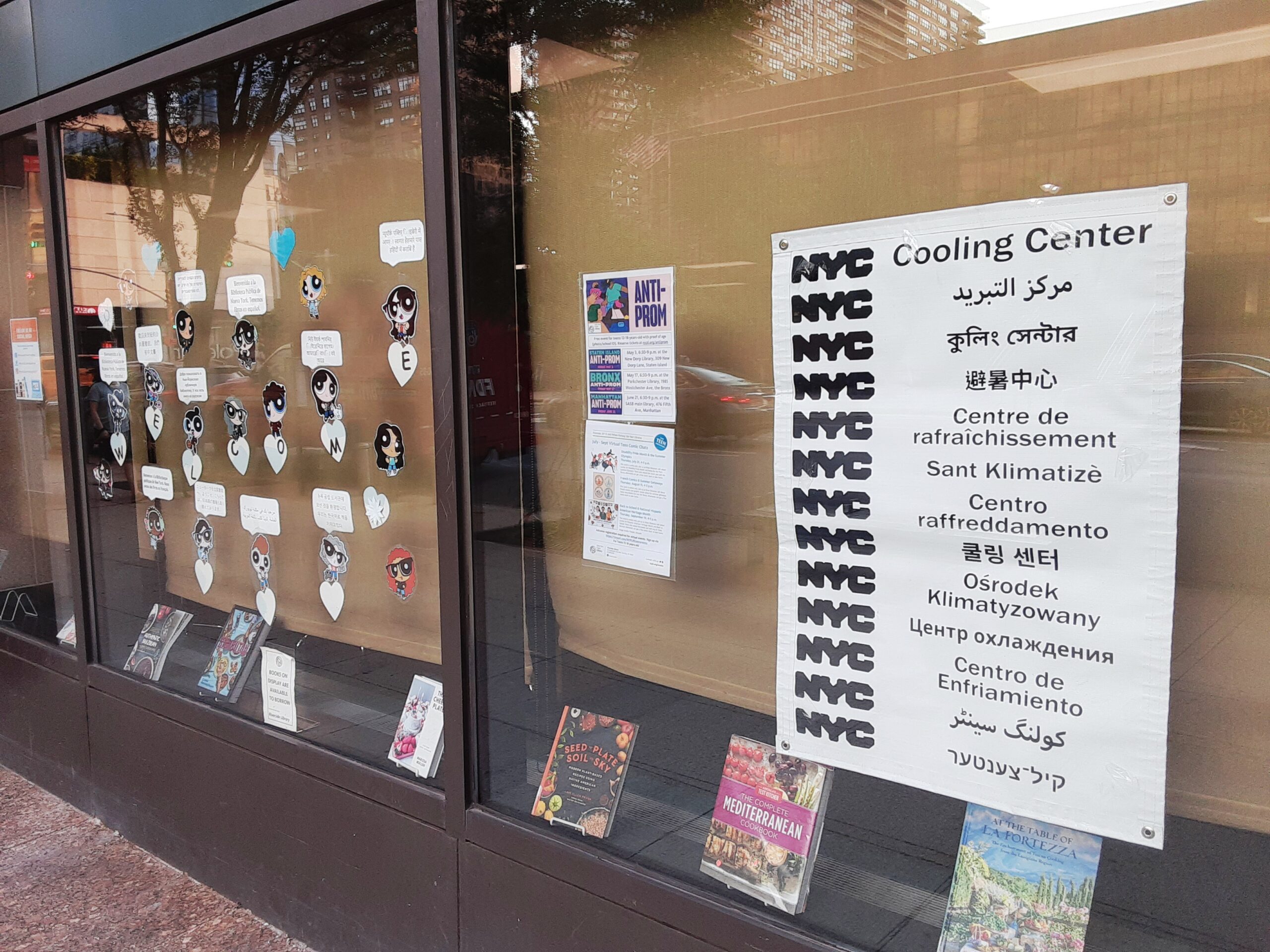
By The newspaper
Jun 18, 2024, 3:28 PM EDT
New York and the tri-state area are experiencing their first heat wave of the year this week, even before the official arrival of summer on June 21.
At the moment, mid-afternoon on Tuesday, the wind chill is 88F (31C). This is how it looks on Wednesday and Thursday, but on Friday the forecast is higher: 91F (33C) during the day.
- How to protect yourself from the heat in New York?
The National Weather Service (NWS) has issued a hazardous weather advisory for southern Connecticut, northeastern New Jersey, and southeastern New York. “Increased humidity will make it feel several degrees warmer, with heat index values at or above 100F (38C) at times. “Warm overnight temperatures that only reach 70F (21C) in some places will offer little or no relief,” he predicted. ABCNews.
Here are the 12:30 pm heat index values recorded in NYC, courtesy of @nysmesonet. Some values are approaching the 90s, with most locations in the 80s. Expect heat indices to continue to rise throughout the afternoon. pic.twitter.com/50CKqeNA62
— NWS New York NY (@NWSNewYorkNY) June 18, 2024
New York City is activating its heat emergency plan for the first time this year. “A heat wave can be more than just uncomfortable – it can be deadly and life-threatening if you are not prepared,” said New York City Mayor Eric Adams. “I encourage all New Yorkers to have a plan to beat the heat and be sure to check on your neighbors, especially older adults, to drink water and keep pets hydrated.”
In NYC, more than 500 cooling centers opened in the five boroughs as of Tuesday for residents to combat the heat and humidity in air-conditioned spaces. To find the closest one, the access rules – some are only for seniors – and the hours of operation, you can call 311 or visit this portal. There are also active water fountains to cool off in various squares, parks and streets. FDNY reminds that hydrants can only be legally opened by its personnel.
In New York City, most heat-related deaths occur in homes or other spaces without air conditioning. But some people do not have a device or do not turn it on due to the high cost of the electricity bill or other reasons.
When there is extreme heat, the authorities ask New Yorkers to not only take care of themselves individually but also to be attentive to their neighbors and relatives, especially babies, the elderly and people with high-risk illnesses.
Weather updates can be found here and on the National Weather Service (NWS-NY) portal. More details here about the forecast in New York and Jersey counties and on this page NBCNewsWeather.
How to beat the heat in a city as congested as New York?
Under no circumstances leave children and pets locked in a car, because this can be fatal, even in minutes. The American Academy of Pediatrics warns that the internal temperature of a car, regardless of whether the windows are closed or open, can rise up to 40 degrees F (4.5C) in an hour, even if the thermometer outside reads about 70F (21C). Most of the temperature rise occurs within the first 15-30 minutes, and no amount of shade is enough to protect children from these dangers, notes FDNY.
Tips to prevent and treat hyperthermia (high body temperature):
- Drink enough fluids throughout the day, both water and vegetable and fruit juices. Avoid coffee and alcohol.
- If your home does not have air conditioning or fans, keep curtains and windows closed during the day and open at night.
- Avoid the sun. Prolonged exposure always has negative consequences.
- Try to wear cotton clothing or natural, fresh, light fabrics, and avoid synthetic fibers and dark colors.
- Do not exercise outdoors and avoid crowded places during peak high temperature hours. Around 3:00 pm is considered to be the hottest time of the day.
Additionally, to avoid blackouts and fires, Con Ed recommends:
- Limit the use of large appliances, such as washers, dryers, dishwashers and microwaves, between the hours of 2 and 10 p.m.
- Use only one large appliance at a time in the home.
- Limit the use of air conditioning whenever possible. If you have several devices, turn on only one.
- Use fans to help circulate air. If you open windows or balconies, do not leave children unattended. Carefully check window guards periodically. Lids or screens are not safe substitutes.
- Turn off the air conditioning when you are not home and use a timer to start cooling half an hour before you arrive. Set the temperature that is comfortable for you.
